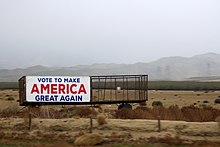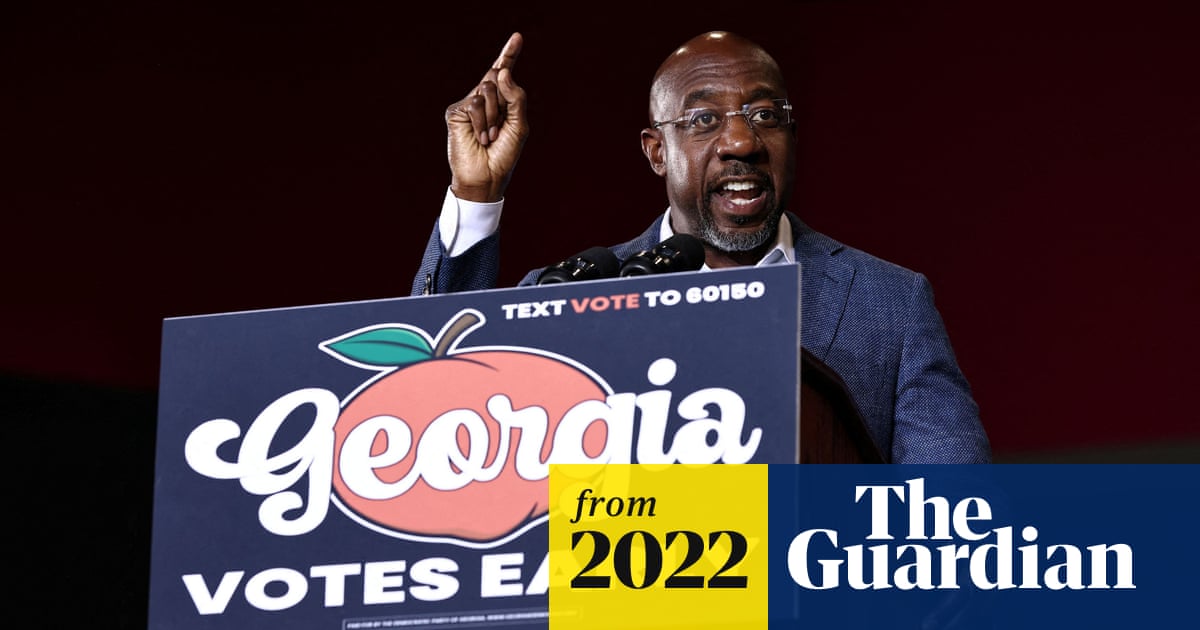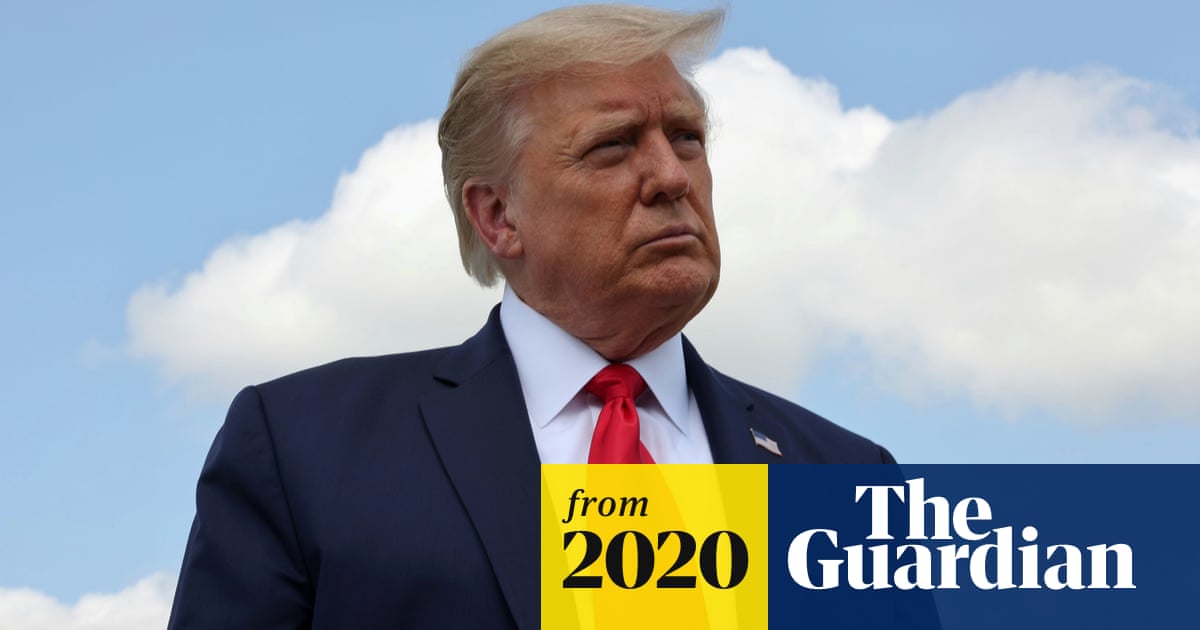The Stalinist fucks are accusing others of being NazisP R O J E C T I O N

That's okay, they're leaving town today
Follow along with the video below to see how to install our site as a web app on your home screen.
Note: This feature may not be available in some browsers.
The Stalinist fucks are accusing others of being NazisP R O J E C T I O N

Hey, you dumb fuckin asshole - it'll happen AGAIN if you dumb fuckers keep trying to shut down the important discussionsOn January 6, 2021, the violation of the seat of American democracy shocked the world. In an attempt to subvert the democratic process, several hundred Trump supporters stormed the House, sparking a riot, from which the country continues to reel. One of the lasting images from the riot is the presence of the Confederate Battle Flag, by any metric a symbol of racial hatred. Since the rioters were ostensibly there to stop the ratification of an election, one based on the perception of “fraudulent” votes from a handful of states (most of which are home to sizable Black communities), we suspected racism had something to do with why the rioters sought to overturn the election. To test our intuition, in Wave 2 we devised a framing experiment, one with response options that either justified the riots, or thought them unjustified. Respondents were randomly assigned to the following two conditions:
1) Some people believe the election results aren’t valid because of the fraud committed in states like Pennsylvania and Georgia. Simply put, the election was stolen, so it’s easy to understand why Trump supporters showed up to protest at the U.S. Capitol. Others believe that enough is enough. Whether the election was stolen or not, those people who went to the Capitol went too far in making their point, causing lasting damage at home and abroad. We need to move on.
2) Some people believe the election results aren’t valid because of the fraud committed in urban areas like Philadelphia and Atlanta, predominantly minority communities. Simply put, the election was stolen, so it’s easy to understand why Trump supporters showed up to protest at the U.S. Capitol. Others believe that enough is enough. Whether the election was stolen or not, those people who went to the Capitol went too far in making their point, causing lasting damage at home and abroad. We need to move on.
Which comes closest to your view?
As the results suggest, racism carries the day. The control condition, one where two of the states challenged by Trump were mentioned, there was a 50-50 split between those who believe that contesting the election was justified and those who didn’t. However, when we substitute language in which we hint at race, the distribution shifts: in this condition, roughly 63 percent think the unrest is justified versus 37 percent who don’t, amounting to ~25 percent shift in favor of justification.
While we’re here, who ultimately bears responsibility for the riots? According to Pew, 75 percent of Americans believe that Trumps bears at least some responsibility. However, among Republicans, this figure declines significantly to 52 percent. We sought to examine a similar question among MAGA supporters but we also asked them about the responsibility of other parties in addition to Trump, including The Proud Boys, members of the GOP conference, and Antifa. As the figure shows, barely 30 percent of these respondents believe Trump bears any responsibility whatsoever. However, the assignment of blame attributed to Congressional Republicans and the Proud Boys, increases roughly to 55 and 73 percent, respectively. When it comes to Antifa, though, the numbers are much higher. Here, roughly 95 percent of MAGA supporters believe Antifa bears some responsibility for the riots.
It stands to reason that if this group fails to find fault with Trump when it comes to his role in sparking the riot, they don’t wish to see him punished. We wanted to assess where MAGA ultimately stood on the issue since 57 percent of Americans (in a Reuters/Ipsos Poll) wish to see him impeached, but only 20 percent of Republicans see it that way. In our survey, even fewer MAGA supporters favor impeachment: roughly 4 percent. Why do so few in the MAGA movement support impeachment, even relative to rank-and-file GOP identifiers in the other poll? Well, one place to turn to is how one defines the events of January 6th. We asked our respondents how they’d characterize the events, giving them the following options: protest, riot, coup, rebellion, or insurrection. As it turns out, roughly 60 percent believe that the unrest was simply a protest; roughly 20 percent thought it a riot; 8 percent a coup. So, if one believes it’s a protest, Trump didn’t encourage them to commit an illegal act. If this is indeed the case, then impeachment is unwarranted according to his supporters.
All participants in the second wave of the survey received a list of words that have been used to describe the events of January 6th. Their options were protest, riot, coup, rebellion, and insurrection (we graphed responses here–the most common choice was protest). Next, respondents received an open-ended question asking them to elaborate on their choice. Some wrote a short sentence; others wrote paragraphs. To summarize the themes in these open-ended responses, we used basic automated content analysis techniques. Overall, the most frequently employed words across responses: Trump, peaceful, protest, riot, police, building, rebellions, and election. However, to explore these patterns more systematically, we turned to topic modeling—a technique that reveals clusters of words that were commonly used together. We can think of these topics as the main themes across all of the responses. Instead of surveying the most frequently occurring words, these topics examine the most frequently co-occurring words: words that tend to occur together for all respondents. We display these themes (clusters of words) as word clouds, where the most important terms in each topic are shown in larger font, and colors help group the other words in terms of relative importance. Two main themes emerged across responses: (1) defending protestors and (2) blaming Antifa. These are the two “topics” that ultimately emerge. (Please see the methods page for more details.)
Topic 1(defending protestors) illustrates the principal pattern among responses that focused on explaining the events of 1/6 as a peaceful protest, and the protests were small in numbers (or size). Respondents also referenced the election and Trump’s victory among the majority of people. A few references to the “Left,” Democrats, and antifa were scattered around the periphery of responses. Topic 2 is a reflection of responses that focused on blaming anyone other than Trump supporters. Many responses cast blame on Antifa, BLM (Black Lives Matter), the Democratic party, and the media’s attempts to make Trump’s supporters look bad. Note, however, the prominence of riot and Antifa. Taken together, among other things, the results from topics 1 and 2 suggests the following: that there was one event, one that was a peaceful protest of the election results. There was another event, one that was a riot, in which Antifa, and even BLM protestors, played a central role.
These content analyses help make sense of one of the most puzzling set of findings in our data: MAGA supporter’s views on Capitol rioters and the riot. For instance, MAGA supporters held largely negative views of the riot: majorities disagreed that the assault on the Capitol was justified, or that the rioters were brave patriots. They also agreed that the rioters were criminals and should be prosecuted. Yet, MAGA supporters also believed that rioters had good intentions, preferred to describe the riot as a protest, and assigned little (if any) blame to Trump and other Republicans for the ensuing violence.
Capitol Riot – Panel Study of the MAGA Movement
sites.uw.edu







Psychotic power-hungry asses. Whitmer, Cuomo, Newsome and many others who shut down their cities and states. That stock. Murderers they are.What stock does Hitler come from?
Than almost all governments on the planet are "power hungry......."Psychotic power-hungry asses. Whitmer, Cuomo, Newsome and many others who shut down their cities and states. That stock. Murderers they are.

 www.pewresearch.org
www.pewresearch.org
[When someone knows that a virus is fatal, deadly, and does nothing to take precautions to save lives.......Can one call that a murderer?]Psychotic power-hungry asses. Whitmer, Cuomo, Newsome and many others who shut down their cities and states. That stock. Murderers they are.

Psychotic power-hungry asses. Whitmer, Cuomo, Newsome and many others who shut down their cities and states. That stock. Murderers they are.
"everyone over reacted so its fine that we did too" is not a real great argument.Than almost all governments on the planet are "power hungry......."
Nearly all governments had to close their countries, schools, businesses to stop the covid virus from spreading. Flights in and out.
Sweden did not.
But nearly all governments did realize what a terribly fatal virus it was and that actions needed to be taken.
Here is a list:

More than nine-in-ten people worldwide live in countries with travel restrictions amid COVID-19
The movement of people across borders has halted in much of the world as countries close their borders in response to the coronavirus outbreak.www.pewresearch.org
But nearly all governments did realize what a terribly fatal virus it was and that actions needed to be taken.
So, most of the countries are for the murder of its population if they close their borders due to a fatal virus which could kill too many of the population?
[When someone knows that a virus is fatal, deadly, and does nothing to take precautions to save lives.......Can one call that a murderer?]
As early as 28 January 2020, Robert O’Brien, the national security adviser, gave him a “jarring” warning, informing the president that Covid-19 would be the “biggest national security threat” of his presidency. Trump’s head “popped up”, the book says.
Three days later, Trump announced restrictions on travel from China, although the virus was already in the United States.
On 7 February he told Woodward in a phone call: “It goes through the air. That’s always tougher than the touch. You don’t have to touch things. Right? But the air, you just breathe the air and that’s how it’s passed. And so that’s a very tricky one. That’s a very delicate one. It’s also more deadly than even your strenuous flus.”
He added: “This is deadly stuff.”
But February, in the view of Woodward and many other analysts, was a wasted month. On 27 February, Trump said publicly: “It’s going to disappear. One day – it’s like a miracle – it will disappear.” In a tweet on 9 March, he explicitly compared it to the common flu, noting that “Nothing is shut down, life & the economy go on” in flu season. “Think about that!”
(full article online )

Trump knew Covid was deadly but wanted to ‘play it down’, Woodward book says
US president gave Bob Woodward 18 interviews, forming basis of new book Rage, and said of virus: ‘This is deadly stuff’www.theguardian.com
Dem NAZI's calling their opponents NAZI'sP R O J E C T I O N

